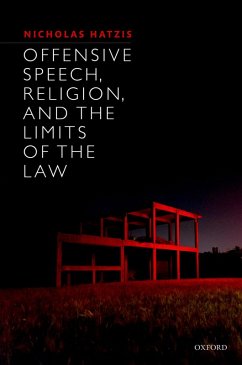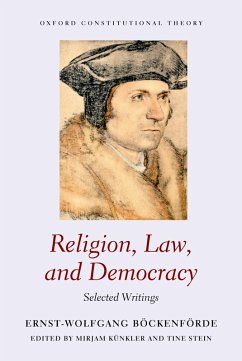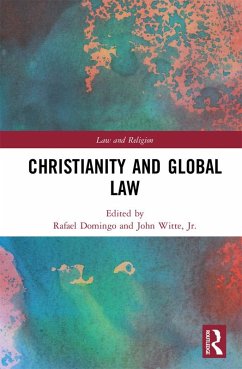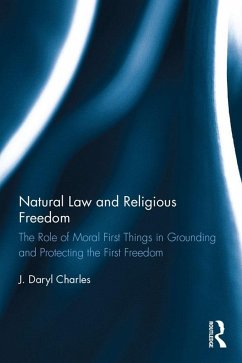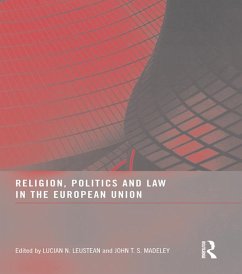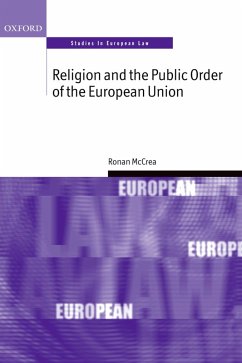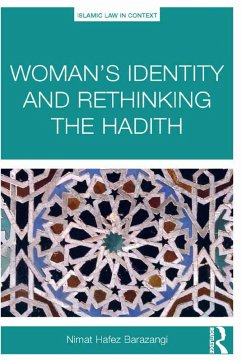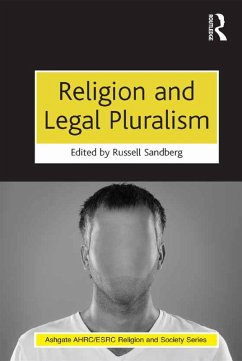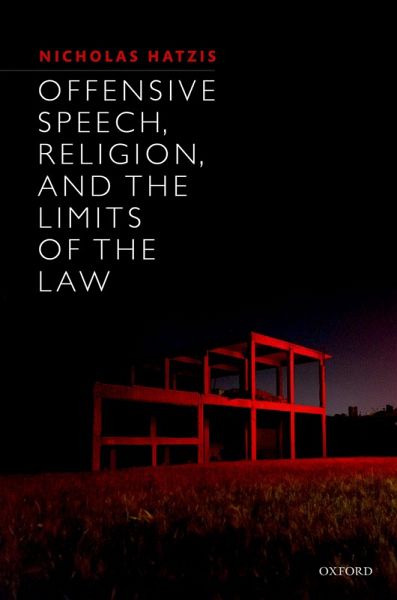
Offensive Speech, Religion, and the Limits of the Law (eBook, PDF)
Versandkostenfrei!
Sofort per Download lieferbar
46,95 €
inkl. MwSt.
Weitere Ausgaben:

PAYBACK Punkte
23 °P sammeln!
Is the government ever justified in restricting offensive speech? This question has become particularly important in relation to communications which offend religious sensibilities. It is often argued that insulting a person's beliefs is tantamount to disrespecting the believer; that insults are a form of hatred or intolerance; that the right to religious freedom includes a more specific right not to be insulted in one's beliefs; that religious minorities have a particularly strong claim to be protected from offence; and that censorship of offensive speech is necessary for the prevention of so...
Is the government ever justified in restricting offensive speech? This question has become particularly important in relation to communications which offend religious sensibilities. It is often argued that insulting a person's beliefs is tantamount to disrespecting the believer; that insults are a form of hatred or intolerance; that the right to religious freedom includes a more specific right not to be insulted in one's beliefs; that religious minorities have a particularly strong claim to be protected from offence; and that censorship of offensive speech is necessary for the prevention of social disorder and violence. None of those arguments is convincing. Drawing on law and philosophy, this book argues that there is no moral right to be protected from offence and that, while freedom of religion is an important right that grounds negative and positive obligations for the state, it is unpersuasive to interpret constitutional and human rights provisions as including a right not to be caused offence. Rather, we have good reasons to think of public discourse as a space for the expression of all viewpoints about the ethical life, including those which some will find offensive. This is necessary to sustain a society's capacity for self-reflection and change.
Dieser Download kann aus rechtlichen Gründen nur mit Rechnungsadresse in A, B, BG, CY, CZ, D, DK, EW, E, FIN, F, GR, HR, H, IRL, I, LT, L, LR, M, NL, PL, P, R, S, SLO, SK ausgeliefert werden.




